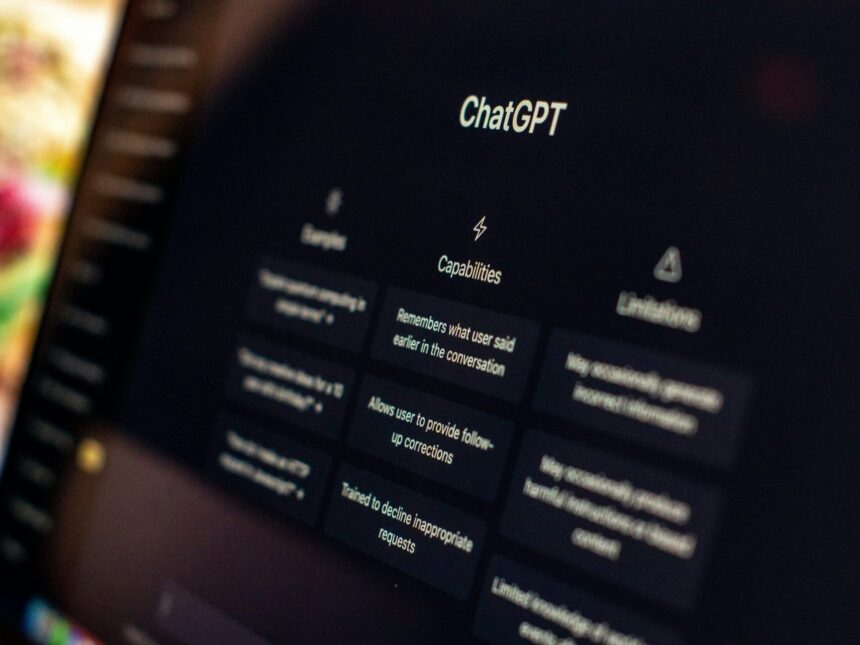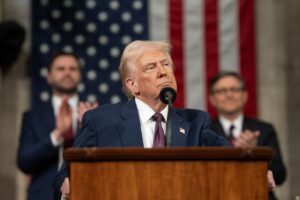The Internet Freedom Foundation (IFF) has expressed serious concerns regarding the proposed amendments to the Information Technology Rules, warning that such changes could lead to excessive censorship, compelled speech, and invasive online monitoring, despite an aim to address the harms associated with deepfakes.
In its statement on the Draft Information Technology (Intermediary Guidelines and Digital Media Ethics Code) Amendment Rules, 2025, the IFF highlighted that the government’s definition and regulation of “synthetically generated information” risks infringing on lawful expression while increasing state and platform control over digital content.
The draft rules, issued by the Ministry of Electronics and Information Technology (MeitY), attempt to categorize synthetic media as any content that is “algorithmically created, generated, modified or altered” to resemble authentic materials. IFF criticized this definition for being overly broad, suggesting it could include satire, remixes, or benign edits, thereby extending regulatory reach to nearly all online content.
The organization took issue with proposed Rule 3(3), which mandates that content creation or editing tools embed permanent identifiers and visible or audible labels covering at least 10% of a work. IFF described this as compelled speech reminiscent of cinema censorship and OTT content regulation, cautioning that it poses a high risk of collateral censorship without effectively deterring malicious actors.
Under Rule 4(1A), major social media platforms would be required to collect user declarations and utilize automated tools for verification. IFF voiced concerns that this could pressure platforms into excessive content monitoring and removal to avoid liability, thereby raising issues regarding privacy, encryption, and free expression.
The IFF further criticized the government for proceeding with these regulations without a coherent, public-facing strategy for AI governance, noting that a consultation paper released earlier this year suggested that existing regulations might sufficiently address concerns over malicious synthetic media.
The organization has urged MeitY to extend the public comment period for the draft rules—currently set to conclude on November 6, 2025—by at least two weeks to allow for more robust public participation.
Additionally, the IFF pointed out a “policy dichotomy,” emphasizing that while the government seeks tighter controls on synthetic media, it is simultaneously advocating for facial recognition initiatives such as the IndiaAI Face Authentication Challenge, which could increase risks associated with surveillance and social exclusion.
“Such measures indicate a growing public sector reliance on AI without statutory frameworks or adequate legal safeguards,” stated IFF.
In a related development, a Public Interest Litigation has been initiated in the Supreme Court, seeking a directive for the Union government to establish a comprehensive regulatory and licensing framework for Artificial Intelligence systems.
Tags: IFF raises concerns over draft IT Amendment Rules on synthetic media, deepfakes Extract 5 SEO-friendly keywords as tags. Output only keywords, comma separated.
Hashtags: #IFF #raises #concerns #draft #Amendment #Rules #synthetic #media #deepfakes










